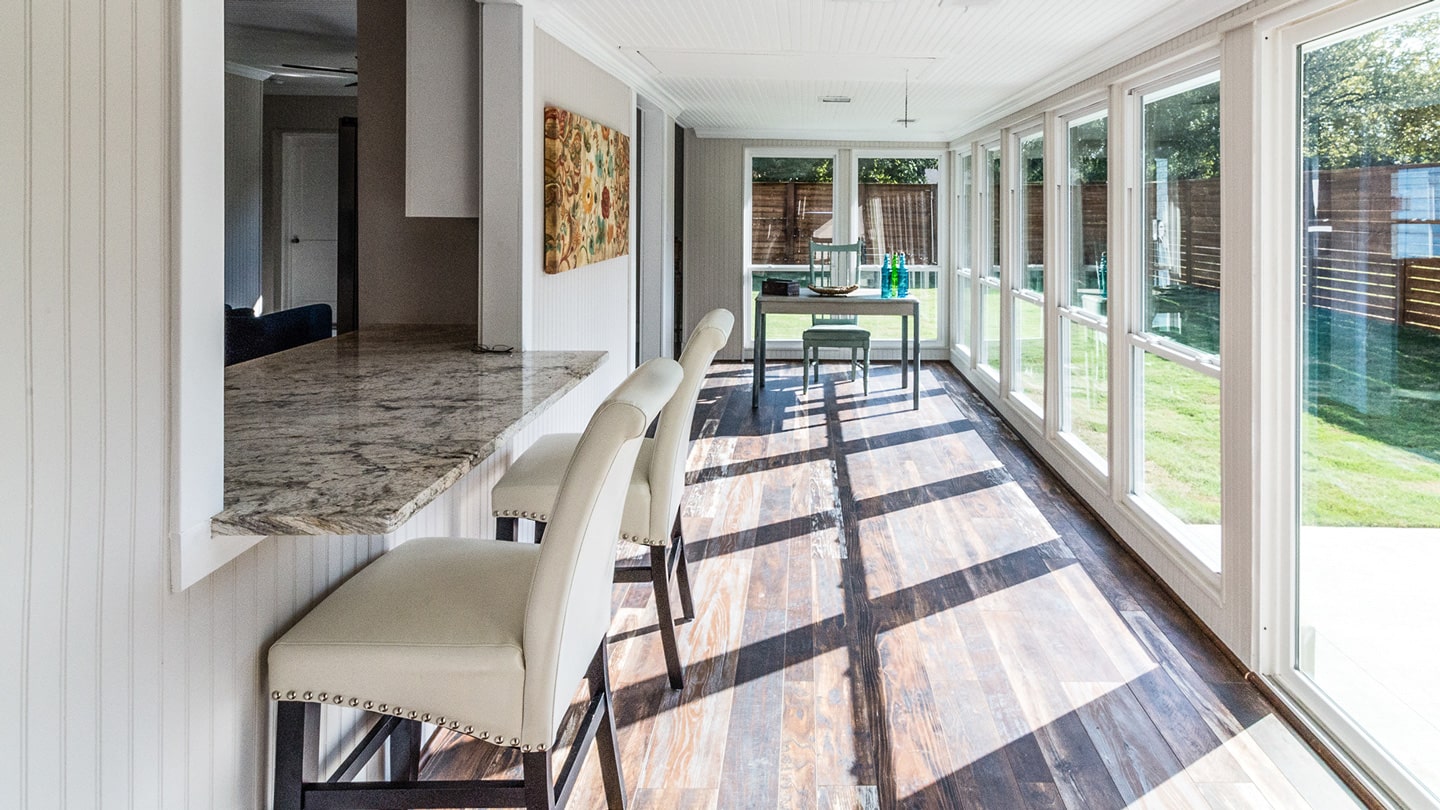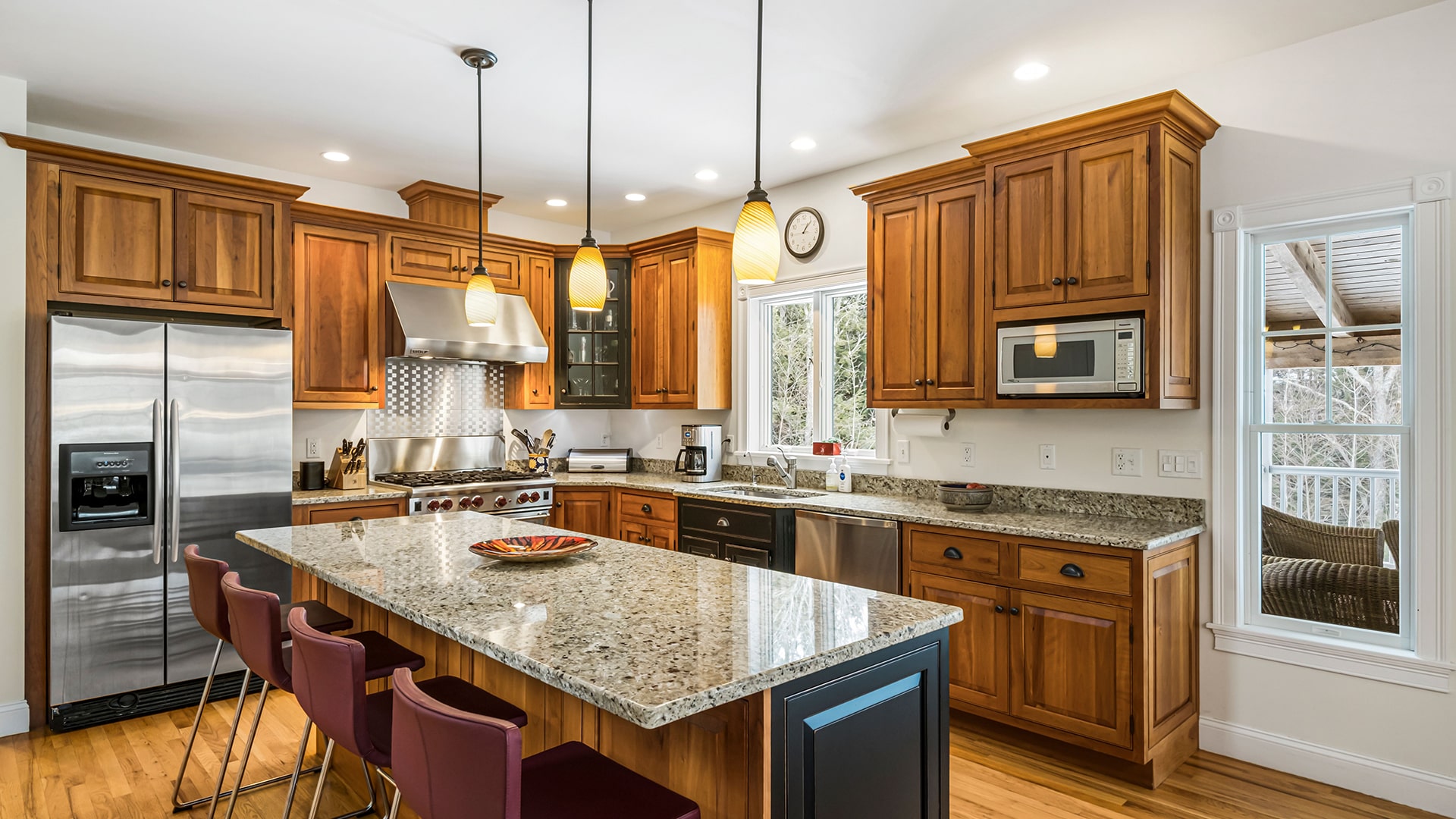In a competitive housing market like New Hampshire’s, many homebuyers have been forced to make tough decisions to land a property. For some, that meant skipping the home inspection entirely. Maybe you felt confident, the home looked fine, or you simply didn’t want to lose the deal.
But now that the keys are in your hands, you may be wondering what exactly you inherited. Without a thorough inspection, what critical issues and home repairs might be hiding just beneath the surface?
It turns out, the risks are higher than most people think.
The Rise of Waived Inspections in New Hampshire
Over the past few years, waived home inspections have become surprisingly common. Nationally, about 20% of buyers still skip inspections to make their offers more competitive, a trend that mirrored in New Hampshire during the recent market boom. According to real estate professionals in the state, waived inspections peaked between 2021 and 2022, with local buyers often sacrificing due diligence in order to beat out multiple offers.
While that urgency may have helped close the deal, it also opened the door to unknowns—many of them expensive.
Common Issues Found During Home Inspections
According to industry data, 86% of home inspections uncover at least one defect, and many find multiple issues. Some of the most frequent and costly problems include:
- Roofing Issues (19%): Leaks, aging shingles, and poor flashing.
- Electrical Hazards (18%): Outdated wiring, overloaded panels, or DIY repairs.
- Plumbing Concerns (13%): Leaky pipes, poor water pressure, or aging water heaters.
- Structural Damage: Foundation cracks, sagging floors, or improperly closing doors.
- Ventilation & Insulation Problems (18%): Drafty windows, insufficient attic insulation, and mold-friendly environments.
Many of these issues aren’t visible during a showing, especially in older homes, and New Hampshire has plenty of those.
New Hampshire Homes Are Older Than Most
Roughly 40% of homes in New Hampshire were built before 1970. In counties like Cheshire and Coos, that figure is over 50%. Older homes tend to have legacy problems: outdated plumbing, knob-and-tube wiring, insufficient insulation, and even materials like lead paint or asbestos. While many have been updated, it’s common to find homes that haven’t seen a major systems upgrade in decades.
And in a cold-weather state like New Hampshire, those old systems aren’t just inconvenient, they’re expensive. Heating accounts for a huge share of annual energy costs, and poor insulation or a failing boiler can mean hundreds wasted every winter.
Additionally, it’s not uncommon for homes in this region to have galvanized steel or polybutylene plumbing, known for corrosion and leaks. If the property has changed hands several times, there’s a strong chance of DIY repairs that don’t meet current code.
Quick signs of plumbing trouble:
- Unusual water pressure or drainage sounds
- Stains around baseboards or ceilings
- Aging or rust-streaked water heaters
These issues may not be visible on a walk-through but can be lurking in walls or under floors, only revealing themselves when it’s too late. Leaks, poor drainage, or deteriorating water heaters can lead to water damage, mold growth, and rising utility bills.
Electrical Hazards from Outdated or DIY Wiring
Faulty wiring is one of the leading causes of house fires. If your home’s electrical system wasn’t inspected before purchase, you could be at risk.
Potential Problems:
- Overloaded breaker panels that can’t handle modern appliances
- Improperly grounded outlets
- Exposed or outdated knob-and-tube wiring
- Unlicensed DIY electrical work
According to the Electrical Safety Foundation, wiring issues are involved in over 50,000 house fires per year nationwide.
Even minor mistakes behind the walls can pose major safety risks. Homes with older systems or amateur repairs may have code violations that affect both safety and insurance eligibility.
Foundation & Structural Red Flags
Cracks and shifting foundations can compromise the stability of your home, leading to costly repairs down the road. Freeze-thaw cycles and poor drainage exacerbate these problems across New Hampshire.
Watch for:
- Doors and windows that stick
- Sagging floors or ceiling cracks
- Water near the foundation
- Exterior erosion around the base of the home
Left unchecked, these issues can lead to structural movement, uneven flooring, and compromised support.
HVAC & Insulation Inefficiencies That Cost You Money
Neglected HVAC systems or poor insulation can lead to high energy bills and uncomfortable temperatures.
Common Issues:
- Clogged filters
- Inefficient or aging HVAC systems
- Poor attic insulation
- Leaky ductwork
| Efficiency Concern | Estimated Impact |
| Old HVAC System | $4,000–$10,000 to replace |
| Poor Attic Insulation | 20–25% energy loss per winter |
| Leaky Ductwork | Up to $300/year in wasted energy |
These problems are especially common in older homes that haven’t had recent energy audits or upgrades. Inadequate insulation in walls or crawlspaces can also contribute to uncomfortable drafts and ice dams in winter.
Exterior Maintenance & Concrete Work for Long-Term Stability
Driveways, patios, and walkways can deteriorate, leading to safety hazards and costly replacements. New Hampshire’s climate is hard on exterior surfaces.
Typical Problems:
- Cracks that worsen with freeze-thaw cycles
- Rotting porches
- Erosion around foundations
- Gutters clogged with ice or debris
Unstable surfaces and poor water drainage can also contribute to structural issues over time.
Radon, Mold & Moisture: Regional Risks That Fly Under the Radar
New Hampshire’s natural environment brings with it a unique set of homeownership risks:
- Radon Exposure: The Granite State has one of the highest rates of elevated radon in the U.S. About 35% of homes test above the EPA’s action level for radon gas, and 55% of the state has groundwater with elevated radon levels.
- Moisture & Mold: Hot summers and cold winters make New Hampshire prone to moisture issues. Without proper drainage or ventilation, mold can thrive in basements, attics, and wall cavities.
- Freeze-Thaw Damage: Repeated freezing and thawing can crack foundations, sidewalks, and driveways, contributing to structural issues over time.
Cost of Common Repairs (What You Could Be Facing)
Here’s a look at typical repair costs in the region, based on 2023 data:
| Repair | Estimated Cost |
| Roof replacement | $5,700–$16,000 |
| Foundation repair | Up to $15,000 |
| HVAC system replacement | $5,000–$11,000 |
| Septic system replacement | $3,000–$15,000 |
| Mold remediation | $1,500–$5,000+ |
Considering that many home inspections cost only $300–$750, the potential return on investment is significant.
What New Homeowners Say: Regret & Unexpected Bills
A recent survey from Hippo Insurance found that 78% of buyers had regrets about their home purchase. One of the biggest pain points? Maintenance and repairs. Over 25% said the home turned out to need more work than expected. And more than half of homeowners said something went wrong shortly after move-in.
A Note on Renovations: Don’t Let Cosmetics Fool You
Many older homes in New Hampshire have been “flipped” or updated to attract buyers. Fresh paint and new cabinets are great, but they can also mask deeper issues. If you bought a home with visible upgrades but no inspection, it’s still worth checking what lies underneath.
What You Might Have Missed in Crawlspaces & Attics
Few people crawl into the attic or basement during a home tour. But these areas often hide the most expensive surprises.
Red flags:
- Cold drafts
- Animal droppings
- Water stains
- Soft floor joists
What You Can Still Do (It’s Not Too Late)
If you skipped your pre-purchase inspection, all is not lost. Many homeowners are opting for post-purchase home assessments, which serve a similar purpose. These assessments not only uncover hidden problems but also provide a clear roadmap for maintenance and upgrades.
Peace of Mind Starts with a Proactive Home Assessment
That’s where BlueZone Home Concierge comes in. Whether you just moved in or you’ve been living in your home for years, our comprehensive home assessments are designed to uncover hidden problems, save you money on future repairs, and give you a clear plan for your home’s needs.
We don’t just check the boxes—we look at the big picture. From drainage and grading to HVAC performance, insulation, structural health, and radon testing, we help New Hampshire homeowners get ahead of problems before they snowball.
Ready to know what your home is really telling you? Schedule your personalized home assessment with BlueZone today and take the guesswork out of homeownership.




